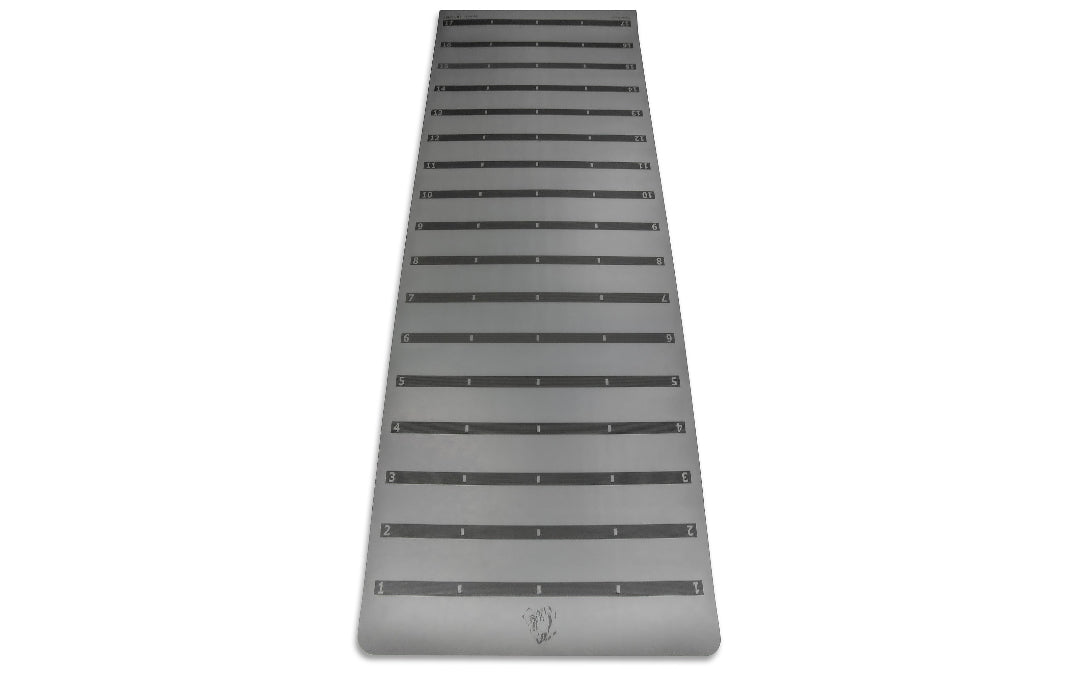Getting all the macronutrients and hydration you need is great and stretching is important, but the most crucial component of recovery is sleep. The amount of sleep that is ideal varies from person to person, but it is undeniable that adequate sleep promotes better muscle recovery and growth.
The Role of Sleep in Muscle Repair

When you sleep, your body enters a repair mode, especially for muscles. After a tough workout, your muscles experience small tears, and sleep is when the repair process kicks into full gear. During deep sleep (REM), your body releases growth hormone (GH), which is essential for muscle recovery and development. Without enough sleep, your body produces less of this hormone, leading to slower muscle repair and growth. While you’re sleeping, your body also increases blood flow to muscles, delivering essential nutrients and oxygen needed for repair and growth, and replenishes glycogen, an energy source, levels.
Protein Synthesis
Sleep also plays a vital role in protein synthesis, the process through which your body rebuilds muscle fibers using dietary protein. Research suggests that inadequate sleep disrupts protein synthesis, potentially limiting muscle growth even if you follow a high-protein diet and train consistently. With deep and uninterrupted sleep is crucial, your body is able to rebuild small muscle tears to be even stronger than before.
Cortisol Levels and Quality Sleep
Another key factor influenced by sleep is cortisol, the stress hormone. When you don’t get enough rest, your body produces higher levels of cortisol, which can break down muscle tissue and slow down recovery. Keeping cortisol levels in check through proper sleep is essential for proper muscle recovery and improving performance.
The quality of sleep matters just as much as the quantity. Deep sleep, particularly the slow-wave sleep stage, is when your body experiences the most significant production of growth hormone. This stage of sleep is essential for muscle recovery and growth, and the more of it you get, the better the recovery.
How Much Sleep Do You Need?

- Stick to a schedule: Go to bed and wake up at the same time every day.
- Create a sleep-friendly environment: Keep your room dark, quiet, and cool (preferences may vary).
- Avoid screens before bed: Blue light from devices can disrupt melatonin production.
- Limit caffeine intake: Avoid caffeine in the late afternoon or evening.
- Prioritize relaxation: Engage in calming activities like stretching or meditation before bed.
Keep in Mind
Sleep works in tandem with other aspects of recovery such as nutrition and hydration. Getting enough sleep enhances the effectiveness of other recovery strategies, ensuring that all parts of your recovery plan are working together to help you reach your fitness goals.
Conclusion: Prioritize Sleep for Optimal Gains
While nutrition, hydration, and stretching all contribute to recovery, sleep is the foundation of muscle repair and growth. Ensuring you get enough high-quality sleep will allow your body to recover efficiently, build strength, and reach your fitness goals faster. Follow along by subscribing to Tyger Fit Lab’s newsletter for more blogs like this one!




